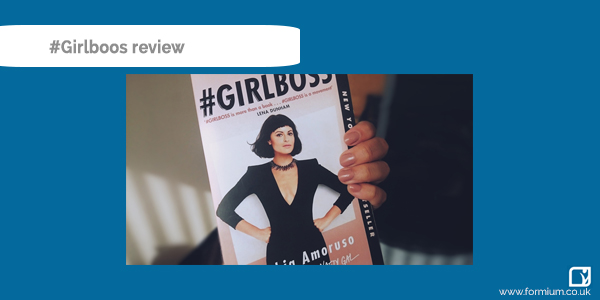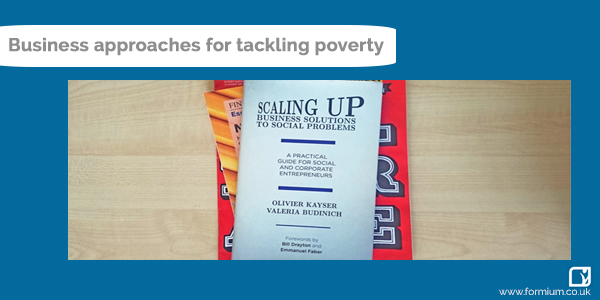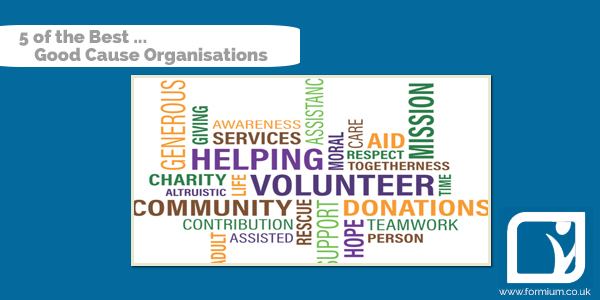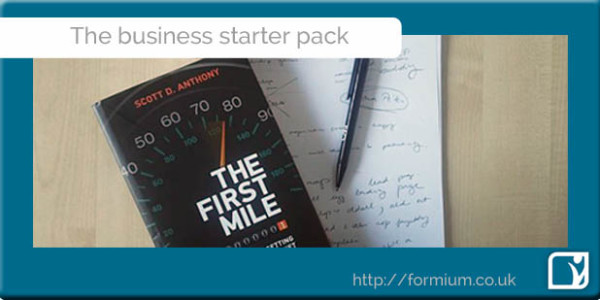Social enterprise is a dynamic and also motivating way to do business, it’s an interesting and fast growing sector, a movement not only in the UK but around the globe.
Social enterprises are businesses trading to address social problems, improve communities, people’s quality of life or the environment. It seems the same as charity work but it is different. These organisations make and do things to make profits like every other business, but they are reinvesting their profits to make even more good. They do this in various ways: reinvesting in community projects, providing services for people who otherwise might not get them, or creating jobs for people who would otherwise be left out from work. That’s what Unseen Tours did, does and will do.
Unseen Tours is a prize-winning, not-for-profit social enterprise in London. Presently, they offer 6 alternative sightseeing tours through the capital’s most vibrant and exciting neighbourhoods- Brick Lane, Brixton, Camden, Covent Garden, London Bridge and Shoreditch-, led by homeless and previously homeless guides.
“We never wanted to be a charity, we wanted to make profit and reinvest that money, that’s why we are a social enterprise.”– says Faye Shields, the director.
Everything started in 2010 as a project by Sock Mob Events, an informal volunteer network– so called simply because through regular weekly walks these people offered socks, food and friendship for men and women living on the streets of London.
Their guides earn a living through the tours. They directly get 60% of the ticket sales. And what about the other 40%? It’s also reinvested, out of that 40% the guides also receive their travel and mobile top-ups every month and the remainder is used for essential operational costs. Any profit Unseen Tours makes is directly reinvested into the enterprise to engage more guides and widen the scope of the tours.
People are needed to run an organisation. The team that works behind the scenes of the successful social enterprise is formed of volunteers. They fit volunteering around their full-time job responsibilities to help making Unseen Tour a success.
The enterprise works like a real organisation; they have a director, the different tours have coordinators, they even have a person to manage their social media.
Unseen Tours offers a one-of-a-kind experience of London and unique insight into the capital’s life whilst giving visibility and voice to people who often feel unseen and unheard.
Unseen Tours is a social enterprise with great purpose– to change perceptions of the homeless and to provide an income to individuals who might otherwise be excluded from work. They are doing good but also business. With their business strategy, so far they have helped 20 homeless or formerly homeless people back on their feet.
To find out more about Unseen Tours and to book a tour visit their website here. Take part and win prizes in their newest campaign, share your unseen story with #MyUnseenStory on Facebook, Twitter or Instagram.






